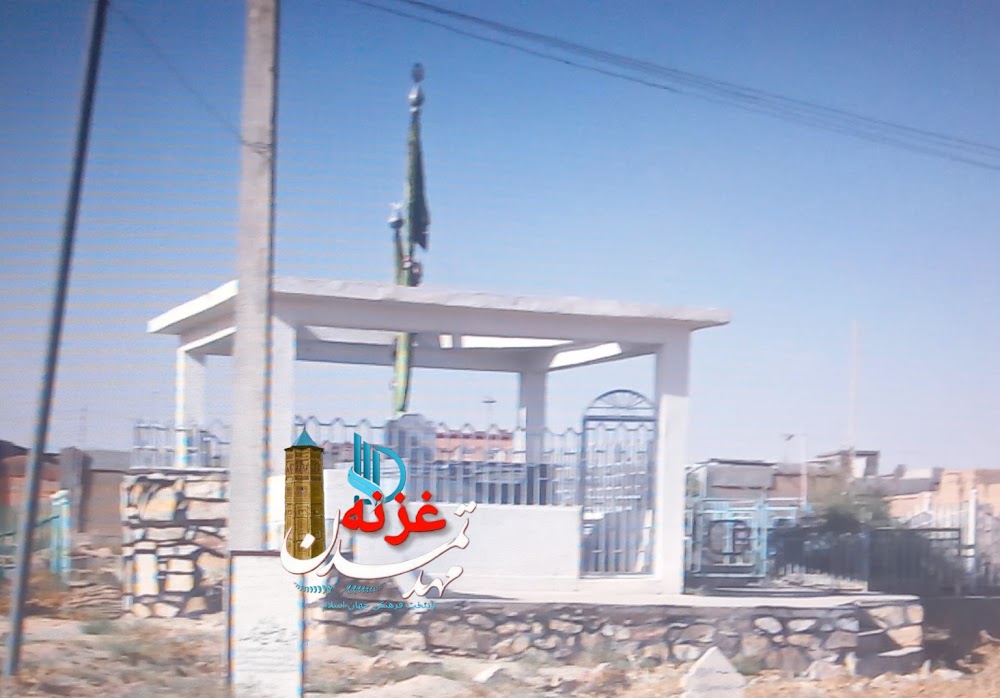Maqbarat-o-shoara (مقبرة الشعراء)
Overview
Maqbaratoshoara: The Mausoleum of Poets
Maqbaratoshoara, also known as the Mausoleum of Poets, is a significant historical site nestled in the heart of Ghazni, Afghanistan. This revered location is recognized as the final resting place for some of the most influential poets and scholars from the region, serving as a poignant reminder of the rich literary and cultural heritage that defines both Ghazni and Afghanistan as a whole.
A Historical Legacy
The origins of Maqbaratoshoara trace back to the early medieval period during the reign of the Ghaznavid Empire, when Ghazni served as the capital. The Ghaznavids were renowned for their patronage of the arts, literature, and architecture, fostering a flourishing intellectual and artistic community. In honor of the poets and scholars who made significant contributions to Islamic and Persian literature, the rulers established a dedicated burial site to celebrate these prominent figures.
The Vision of Sultan Mahmud
The construction of Maqbaratoshoara commenced under the patronage of Sultan Mahmud of Ghazni, who ruled from 998 to 1030. A passionate lover of poetry, Sultan Mahmud envisioned a mausoleum that would serve as a fitting tribute to the literary giants of his era. He commissioned skilled artisans and architects to create an impressive structure that would endure through the ages.
Architectural Splendor
Crafted from local stone, the original mausoleum featured intricate carvings and inscriptions, embodying a traditional Islamic architectural style characterized by domes, arches, and detailed geometric patterns. Over the centuries, subsequent rulers expanded and renovated the structure, each adding their unique artistic flair to the site.
Renovations Through Time
One of the most significant renovations occurred during the Timurid period in the 14th and 15th centuries. The Timurid rulers were passionate patrons of the arts, taking great interest in preserving cultural heritage. Under their stewardship, Maqbaratoshoara underwent extensive enhancements, including the addition of stunning tile work and exquisite calligraphy, further enriching its beauty and significance.
The Luminaries Interred
As time went on, Maqbaratoshoara became the resting place for an array of notable poets and scholars. Among those interred is Abul-Ma'āni Ubaidullah ibn Abdullāh ibn Maḥmūd Rudak, often regarded as the father of Persian poetry. His monumental contributions to Persian literature highlight the mausoleum's importance as a cultural landmark.
Another esteemed figure at Maqbaratoshoara is Al-Biruni, a distinguished scholar, polymath, and poet celebrated for his works across various disciplines, including astronomy, mathematics, and history. His presence at the mausoleum underscores the immense respect and reverence he garnered during his lifetime and beyond.
Enduring Significance
Throughout Afghanistan's tumultuous history, Maqbaratoshoara has remained a vital cultural and historical landmark, despite facing numerous challenges during periods of conflict and upheaval. Restoration efforts have been undertaken at various junctures to preserve the mausoleum and safeguard its legacy for future generations.
A Symbol of Heritage
Today, Maqbaratoshoara stands as a testament to Afghanistan's profound intellectual and literary heritage. Visitors can explore the mausoleum, marvel at its intricate architectural details, and pay homage to the poets and scholars whose works have left an indelible mark on Persian literature and Islamic thought.
Efforts to maintain and restore Maqbaratoshoara continue, driven by a commitment to preserving this vital cultural heritage site. The mausoleum serves as a reminder of the enduring power of literature and the profound impact of those who have dedicated their lives to the pursuit of knowledge and beauty through words.
Through its rich history, architectural grandeur, and the legacies of the figures it honors, Maqbaratoshoara in Ghazni remains a cherished and revered site, embodying the spirit of Afghanistan's vibrant cultural and literary tradition.








